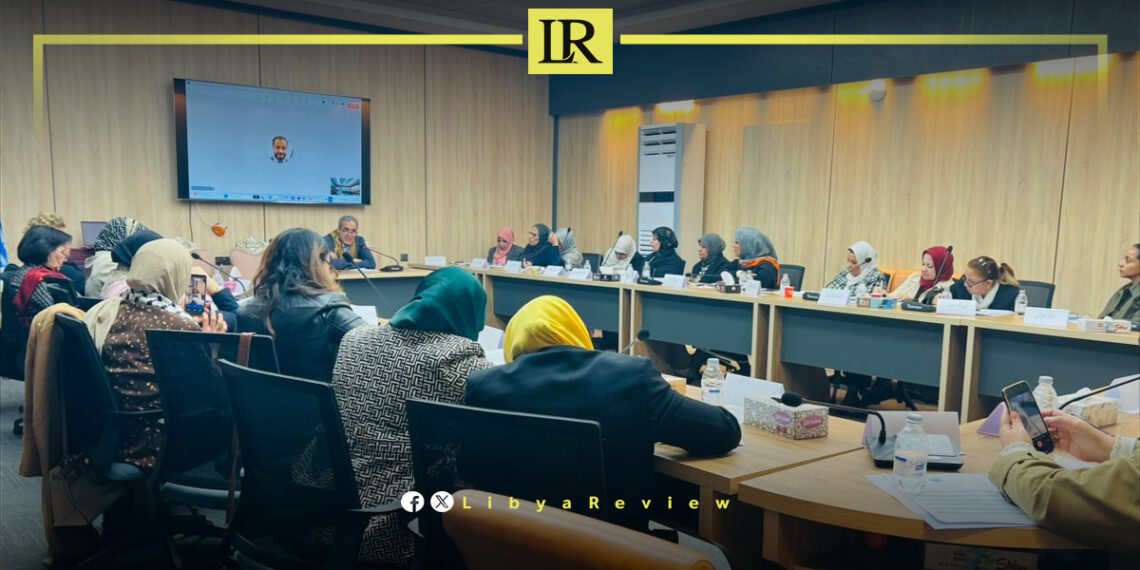The United Nations Support Mission in Libya (UNSMIL) organized a workshop in Benghazi on Sunday, focusing on ways to enhance women’s representation and ensure meaningful political participation in Libya.
The event brought together 30 women, including members of the House of Representatives (HoR) and representatives of civil society organizations from eastern Libya. Participants engaged in constructive discussions on best practices and lessons learned from previous political initiatives.
The attendees emphasized the critical importance of active women’s participation in Libya’s political, economic, and security sectors to achieve short-term progress and long-term stability.
This initiative underscores UNSMIL’s commitment to advancing gender equality and empowering women as key stakeholders in Libya’s political future.
Libya has been in chaos since a NATO-backed uprising toppled longtime leader Muammar Gaddafi in 2011. The county has for years been split between rival administrations.
Libya’s economy, heavily reliant on oil, has suffered due to the ongoing conflict. The instability has led to fluctuations in oil production and prices, impacting the global oil market and Libya’s economy.
The conflict has led to a significant humanitarian crisis in Libya, with thousands of people killed, and many more displaced. Migrants and refugees using Libya as a transit point to Europe have also faced dire conditions.
The planned elections for December 2021 were delayed due to disagreements over election laws and the eligibility of certain candidates. This delay has raised concerns about the feasibility of a peaceful political transition.
Despite the ceasefire, security remains a significant concern with sporadic fighting and the presence of mercenaries and foreign fighters. The unification of the military and the removal of foreign forces are crucial challenges.


